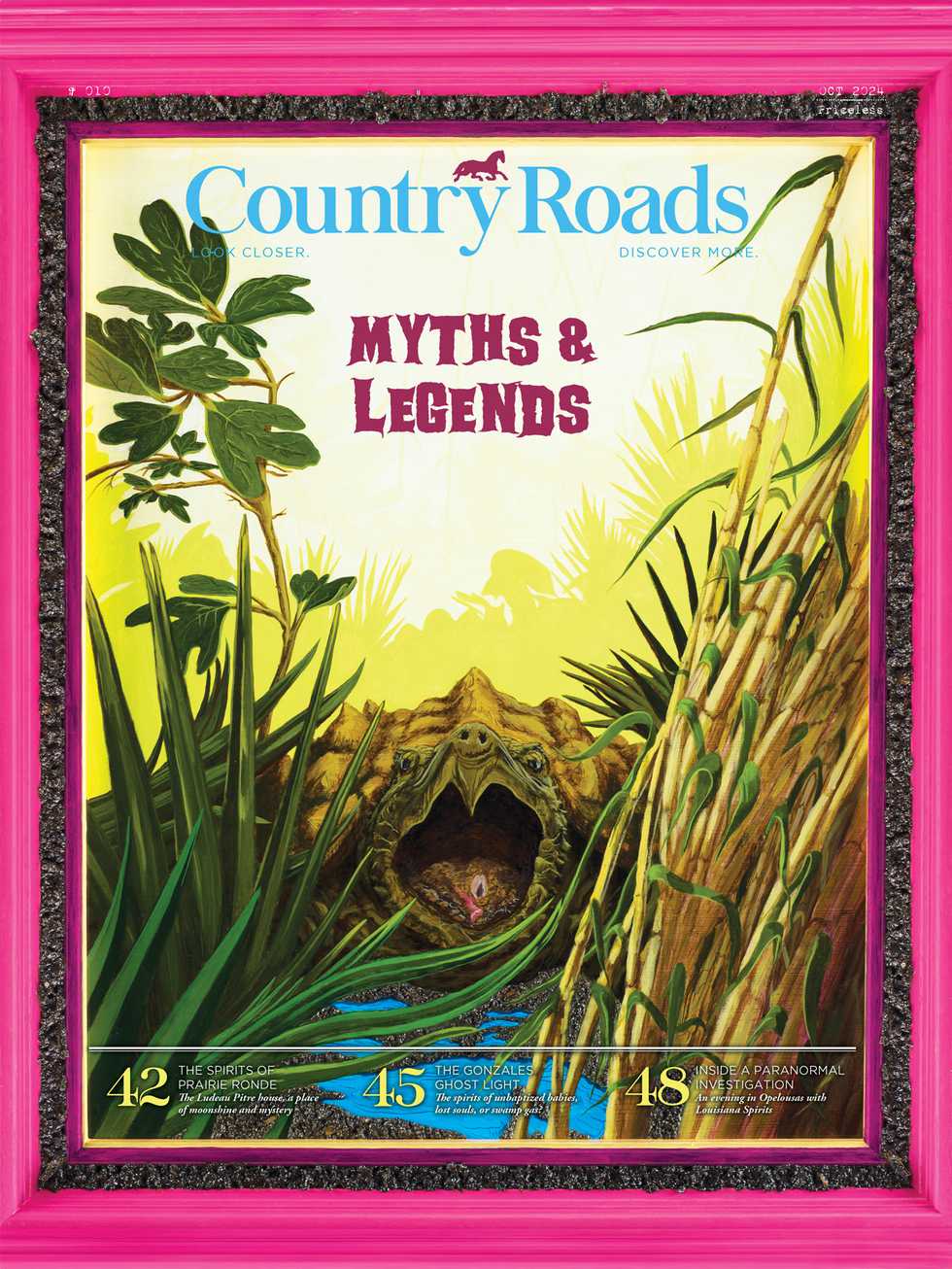Historic townhouse Evergreenzine.
New on the Audubon Pilgrimage agenda
Spring pilgrimages across the South take visitors back to the Cotton Kingdom, an era when slavery afforded the opulent lifestyles of planters. In March, the forty-second annual Audubon Pilgrimage in St. Francisville will also recognize an oft-neglected segment of society that fell somewhere between these two ends of the social spectrum: the Jewish merchants and tradesmen who operated the drygoods mercantiles and supply houses furnishing the practicalities and underpinnings for the plantation culture.
Audubon Pilgrimage this year will feature three country plantations (Wakefield, Catalpa and Beechwood) and two significant state historic sites (Rosedown and Oakley Plantations) that vividly illustrate how the predominantly Anglo planter families were closely related by blood or marriage, thus intertwining their heritage and homes in the fascinating fabric of Feliciana history.
And in recognition of the significant contributions of the town’s early Jewish residents, this Audubon Pilgrimage has several additional features including the historic townhouse called Evergreenzine (Yiddish for “surrounded by greenery”) and the turn-of-the-century Temple Sinai, recently restored as a non-denominational community cultural venue.
Through the mid-1800s an influx of Jewish immigrants followed the westward movement of the cotton empire from depleted eastern fields to the rich lands of the Mississippi. Beginning as peddlers servicing isolated farms, they soon became proprietors of their own stores in the little country towns that served as commercial centers for the surrounding plantations. After the Civil War, these Jewish merchants extended credit to suffering planters and sharecroppers, and when large cotton factorage firms failed, became pivotal figures in cotton marketing and financing.
The South offered religious and political freedom for the Jewish community, plus the possibility of social and financial success. St. Francisville’s Jewish families prospered with business ventures like general merchandise stores, cotton gins and warehouses, saloons and livery stables, and they became contributing community members, engaging in philanthropic works and holding civic positions.
Meeting in Bayou Sara’s Meyer Hotel and Julius Freyhan’s opera house (back in the days when “opera houses” hosted more travelling minstrels and wrestling bears than actual high-brow operatic performances), the Jewish congregation in 1892 began plans for a permanent place of worship. By spring 1903, Temple Sinai had been built atop a hill in St. Francisville, with the entire community, Jews and Gentiles, celebrating its dedication. In December 2012, to celebrate the restoration of this beautiful structure, the entire community joined once again by replicating that 1903 dedication, complete with visiting rabbi, children’s choir carrying candles and US flags and palm fronds, and descendants of some original Jewish families in attendance. During this year’s Audubon Pilgrimage, Temple Sinai will house an exhibit of fine art by several of the region’s most acclaimed artists.
Helping to oversee the construction of Temple Sinai as secretary of the congregation was Adolph Teutsch, who had arrived from Germany in 1880. His little daughter Ella was part of the children’s choir at the temple dedication, and his wife donated funds to retire the remaining debt on the building.
After prospering sufficiently to become sole proprietor of a St. Francisville emporium selling drygoods, groceries, planting supplies and hardware, in 1885 Teutsch built for his young wife a fine house, situated right on St. Francisville’s historic commercial corridor along which passed all the heavy-laden cotton wagons and cattle drives bound for the riverport at Bayou Sara. The house lived up to its name, Evergreenzine, so sheltered on its landscaped acre as to be an oasis of peace and quiet. It still is, as visitors to the Audubon Pilgrimage will see, a high-ceilinged galleried Victorian home resplendent with period papers, rich colors and stained glass windows, broad central hallway, tall roundhead windows and an elaborate pedimented entrance door. And a story it has to tell, a story not of planter or slave but of a typical Jewish merchant whose contribution to life in early St. Francisville was just as significant.
Audubon Pilgrimage, March 15–17, 2013: Tour houses are open 9:30 am to 5 pm, and there are evening activities both Friday and Saturday. For individual and group tickets and information, contact West Feliciana Historical Society at (225) 635-6330, or visit www.audubonpilgrimage.info.

